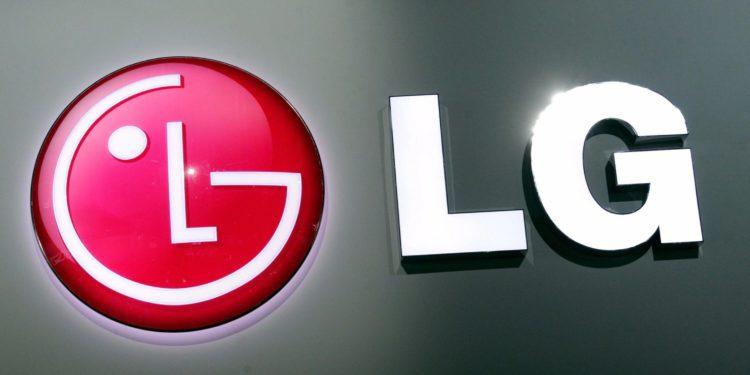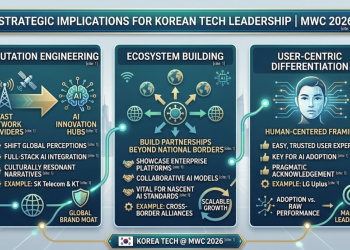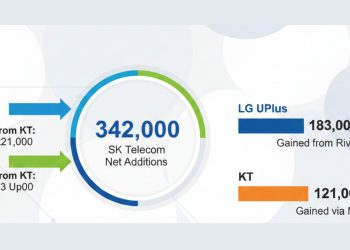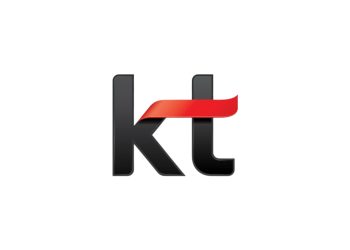LG Electronics, the South Korean consumer tech giant, has filed a TV patent for enabling users to engage in NFT trading. The patent application, submitted to the World Intellectual Property Organization (WIPO), outlines LG’s vision for a TV set that seamlessly connects to an NFT market server, allowing users to buy, sell, and swap NFTs directly from their living room using their connected cryptocurrency wallet.
The integration of blockchain technology and NFT trading functionalities into the TV grants users access to a vast collection of digital artworks. By connecting to the NFT market server, LG’s TV aims to provide a convenient platform for art enthusiasts and collectors to participate in the NFT ecosystem. The patent emphasizes the TV’s capability to ensure secure transactions by directly linking users’ cryptocurrency wallets to the device, eliminating the need for external devices and streamlining the buying process.
LG Electronics has been actively involved in the metaverse and NFT space, starting with the launch of its own NFT marketplace, “LG Art Labs” last year. Through this platform, users could engage in digital collectable trading using LG televisions equipped with the webOS 5.0 operating system. LG further reinforced its commitment to the metaverse earlier this year by introducing the Blade Wallet, a tool that seamlessly connects to LG Art Labs, facilitating NFT trading for users.
LG’s technology allows devices to establish connections with cryptocurrency wallets and NFT market servers, enabling secure and convenient transactions. By incorporating onscreen QR codes when connected to an NFT market server, users can effortlessly complete transactions using their cryptocurrency wallet. This innovation not only streamlines the buying and selling process but also reflects LG’s commitment to delivering a seamless and user-friendly NFT trading experience.
LG Electronics entered the cryptocurrency market in 2020 through a partnership with Hedera Hashgraph, a distributed ledger technology firm known for its alternative approach to traditional blockchains. Hedera has collaborated with industry giants such as Google, IBM, and Ubisoft, and LG’s association with them demonstrates its commitment to exploring emerging technologies and expanding its presence in the digital assets industry.
The details regarding wallet integration for LG’s NFT-trading TV have not been fully disclosed. It remains uncertain whether the TV will support multiple cryptocurrency wallets or be limited to LG’s proprietary Wallypto, their smartphone crypto wallet, also available on the LG Art Lab Marketplace. LG’s dedication to embracing Web3 solutions is evident in its collaboration with cloud-based technology platforms Oorbit and Pixelynx. Through this strategic partnership, LG aims to directly bring the immersive metaverse experience into viewers’ living rooms, enabling customers to explore interconnected virtual worlds, participate in virtual concerts, and enjoy AI-powered multiplayer games on their LG TVs.
LG faces competition from tech giant Samsung in the race to embrace the Web3 revolution. Samsung unveiled a new lineup of smart TVs last year that seamlessly integrates with an NFT platform, similar to LG’s NFT-trading TV patent. Moreover, Samsung has shown its dedication to the digital assets industry by actively investing in NFT and metaverse projects through its venture capital arm, Samsung Next.
With LG and Samsung competing for a share of the emerging Web3 and digital assets market, South Korea’s consumer electronics landscape is experiencing a wave of innovation and competition. These tech behemoths are capitalizing on the growing interest in NFTs and the metaverse, offering consumers new avenues to engage with digital collectibles and immersive experiences. As the demand for Web3-enabled products continues to rise, it remains to be seen how LG’s NFT-trading TV will fare in the evolving landscape and whether it will gain a competitive edge over Samsung’s offerings. Both companies are determined to establish their presence in this dynamic market, and consumers can look forward to an exciting future of Web3 innovation in the realm of consumer electronics.







